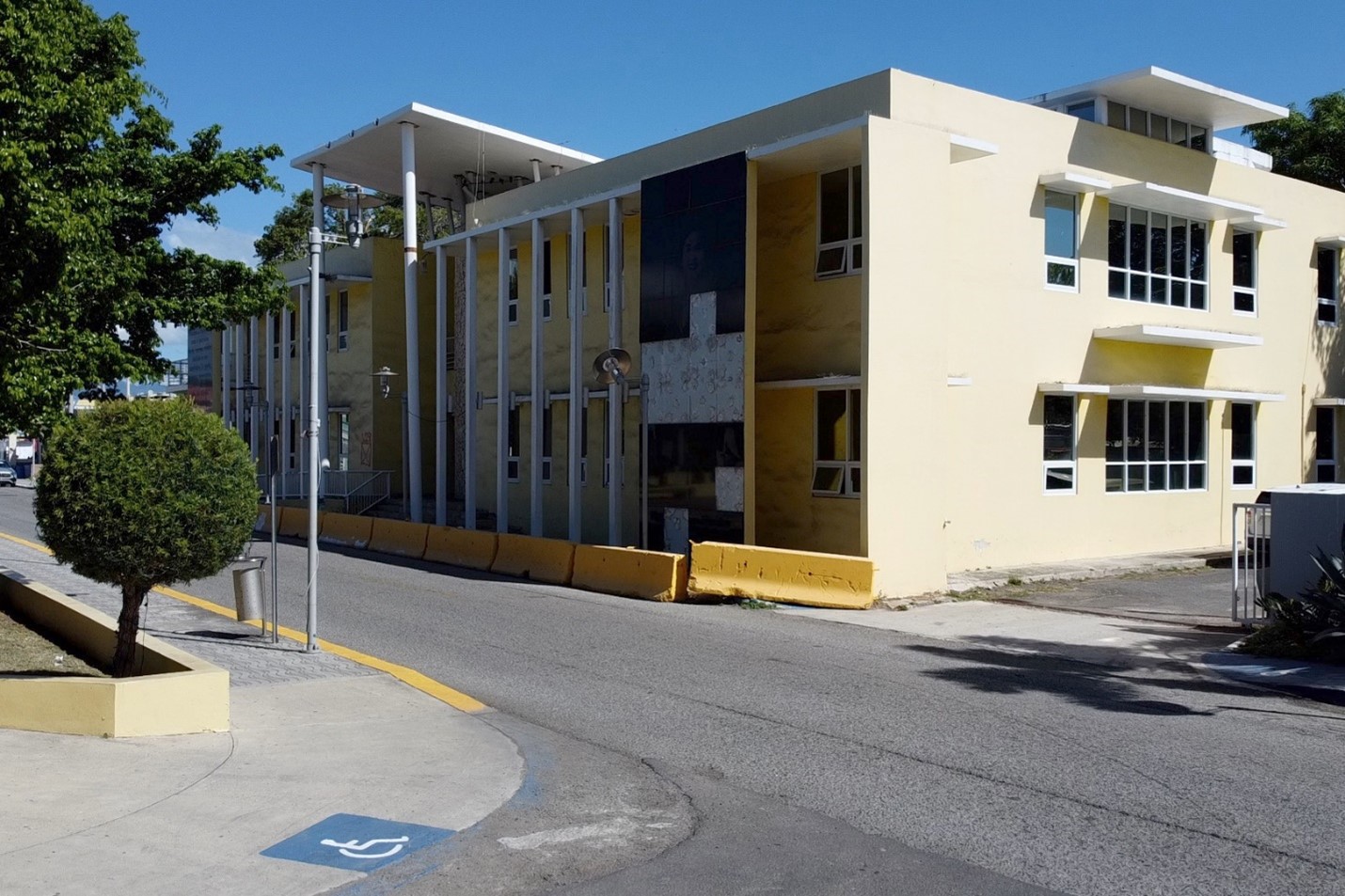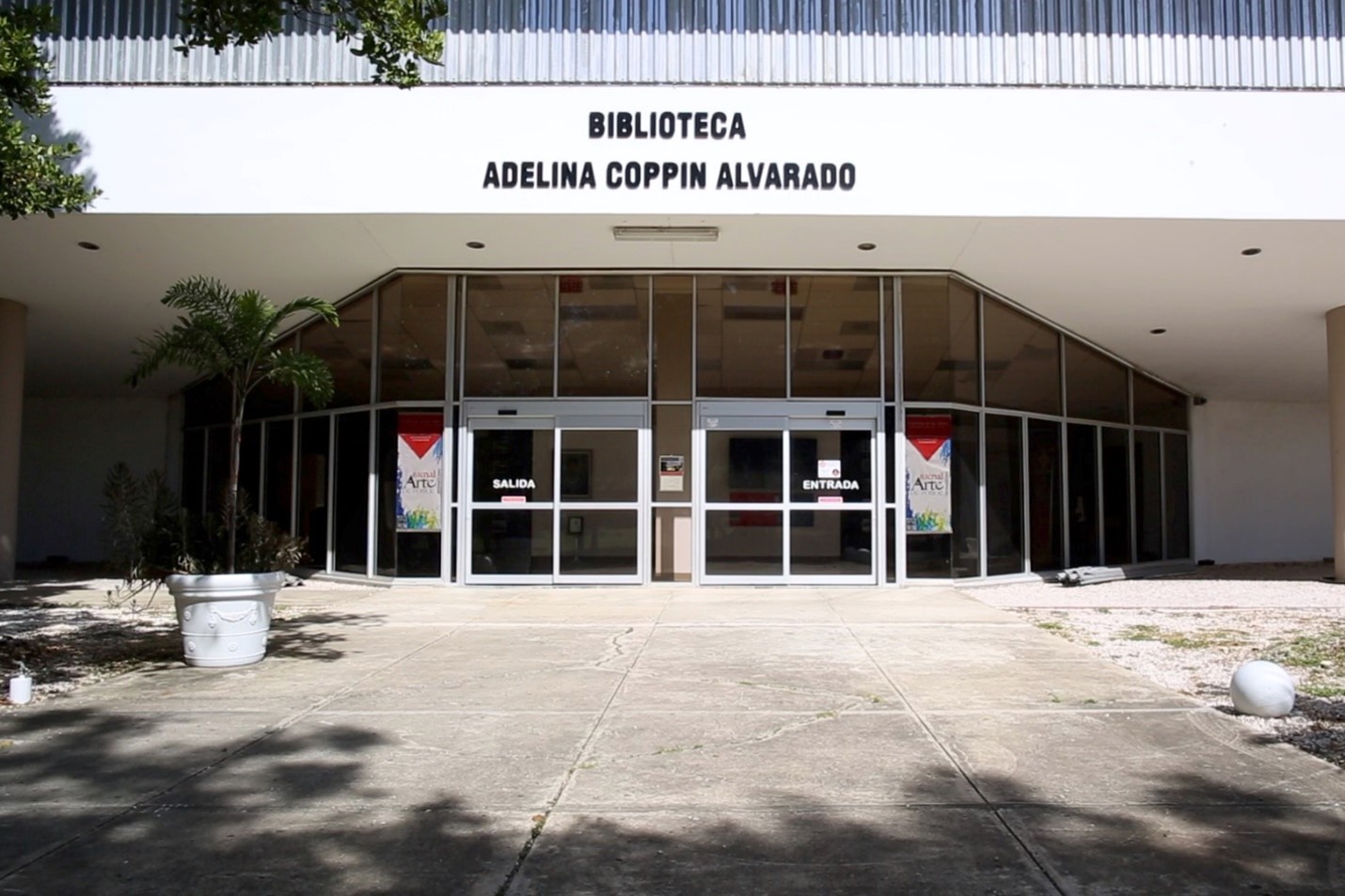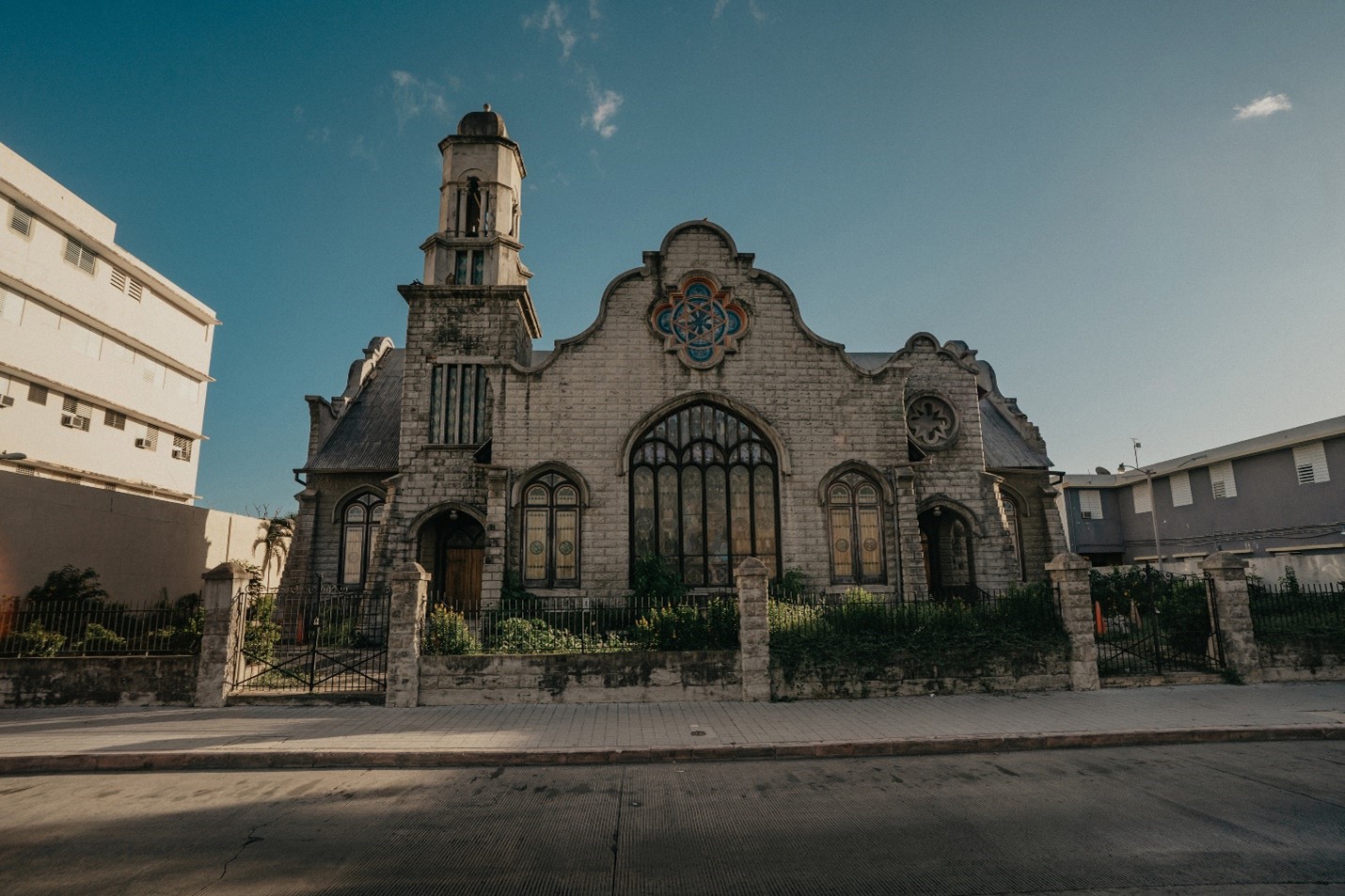GUAYNABO, Puerto Rico – After the 2020 earthquakes, which mainly affected the towns in the south of the island, the Federal Emergency Management Agency (FEMA) has allocated over $810 million for this region. The funds correspond to some 750 projects, mostly for permanent works such as the reconstruction of public buildings, educational institutions and other spaces in the communities.
For the affected municipalities, the allocations represent about $45.6 million for permanent works distributed in over 200 projects. The funds will help fuel the revitalization of the area as the long-term recovery continues.
“As part of the efforts to mitigate earthquake effects, 84 percent of the projects include funds for this purpose. The recovery represents an opportunity to build back better, and we remain steadfast in our commitment to help make this happen,” said Federal Disaster Recovery Coordinator José G. Baquero.
Likewise, Dr. Víctor Huérfano, Director of the Puerto Rico Seismic Network, emphasized the progress made after the earthquakes and added that “in cooperation with the U.S. Geological Survey, we are working to have an updated map. That map is very important, because future structures that carry earthquake-resistant construction codes will depend on that map. And of course, that this restructuring that we are going to do — which has to be done well — meets the standards and that we do not have to relive those problems of 2020 or before 1918, when structures also fell.”
Among the most notable projects in the south is the Guánica City Hall, which has an obligation of over $4.1 million from FEMA to demolish, dispose of and replace its facilities. Of that amount, about $1 million goes toward reinforcing the floors and roof, as well as anchoring equipment to the roof to withstand high-velocity winds.
Regarding this work in the town known as the municipality of the twelve streets, Mayor Ismael Rodríguez Ramos indicated that the demolition of the structure will take place between January and February of this year. He added that the new city hall will have “some commercial spaces in combination with an activity center that we will be carrying out, and for which we are preparing the design.”.
On the other hand, the Ponce Campus of the University of Puerto Rico received an allocation of nearly $716,700 to repair several of its buildings: the Adelina Coppin Alvarado Library; the Ruth Fortuño de Calzada academic building; and the Student Affairs Deanship building, among others. Some work has already been completed on several of the structures, such as the plastering of the walls, the replacement of tiles and a geotechnical assessment of the Deanship building.
Projects of Historical and Cultural Value
The southern region of the island has several structures of historical and cultural value that were impacted by the earthquakes. FEMA's Environmental and Historic Preservation (EHP) Division has worked closely with applicants from the Public Assistance Program to ensure that these projects meet current historic and environmental preservation requirements.
The La Resurrección methodist church in Ponce, built in 1907 and part of the National Register of Historic Places, is one of those projects that has received allocations that seek to preserve its historical and cultural value. In addition to repairing existing features, its FEMA-funded restoration includes carbon fiber and fiberglass-reinforced polymers that were added to the mortar and plaster inside the building to make it more resilient against future seismic events. All this, without adversely affecting the historical property.
Regarding the importance of restoring the church, the pastor of the church Jeancarlos Ortiz Peña, commented that "certainly the church community, but also the city community will be positively impacted and one of the most precious historical monuments of the urban area of Ponce will come back to life.
For his part, the executive director of the Puerto Rico Central Office for Recovery, Reconstruction and Resiliency (COR3), Manuel A. Laboy Rivera, stated that “reconstruction projects due to the earthquakes have shown progress in the past months. Currently, there are 140 permanent works in one of the execution phases that have an obligation from FEMA for approximately $44.1 million. Now, with the availability of the Working Capital Advance pilot program, there will be an increase in the execution of these permanent works that the subrecipients develop, while keeping the same priority when addressing the course of the reconstruction projects for the past hurricanes. At COR3, we will continue to implement the teamwork plan to guide them in the technical processes required by the projects”.
For more information about Puerto Rico’s recovery from the earthquakes, visit fema.gov/disaster/4773 and recuperacion.pr. Follow us on social media at Facebook.com/FEMAPuertoRico, Facebook.com/COR3pr y Twitter @COR3pr.

GUÁNICA, PR (December 20, 2022) – Among the most notable projects in the south is the Guánica City Hall, which has an obligation of over $4.1 million from FEMA to demolish, dispose of and replace its facilities. Of that amount, about $1 million goes toward reinforcing the floors and roof, as well as anchoring equipment to the roof to withstand high-velocity winds. Photo FEMA/ Alvin Báez

PONCE, PR (December 27, 2022) – On the other hand, the Ponce Campus of the University of Puerto Rico received an allocation of nearly $716,700 to repair several of its buildings: the Adelina Coppin Alvarado Library; the Ruth Fortuño de Calzada academic building; and the Student Affairs Deanship building, among others. Photo Fema/ Alvin Báez

PONCE, Puerto Rico (December 29, 2022) – The La Resurrección methodist church in Ponce, built in 1907 and part of the National Register of Historic Places, is one of those projects that has received allocations that seek to preserve its historical and cultural value. Photo FEMA/Eduardo Martínez


